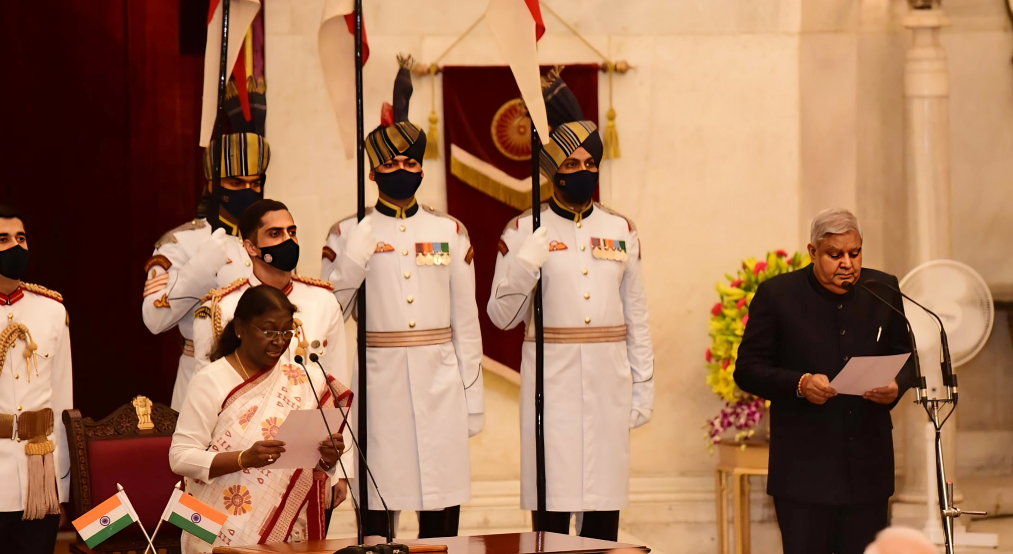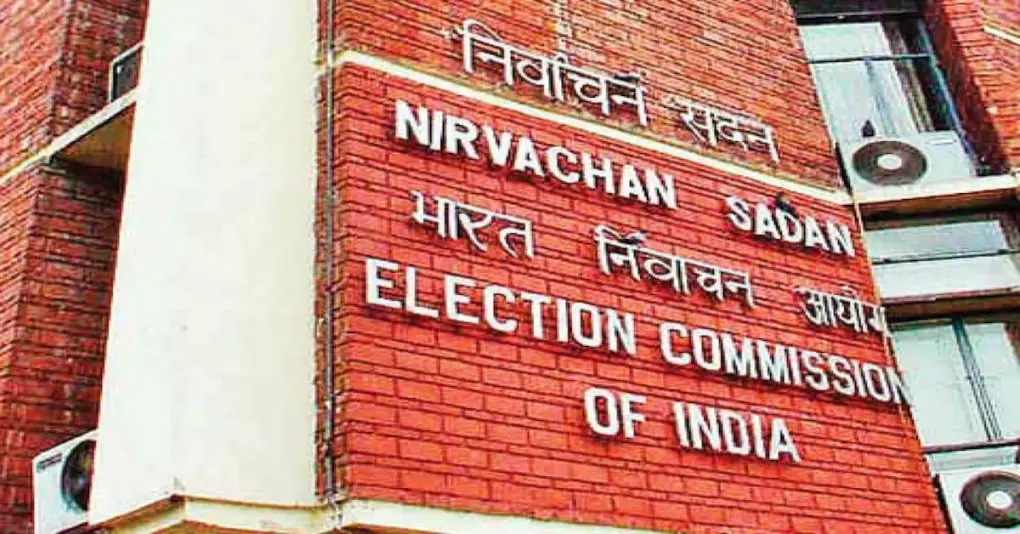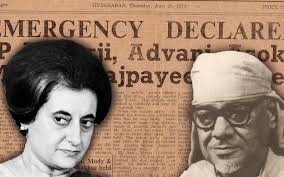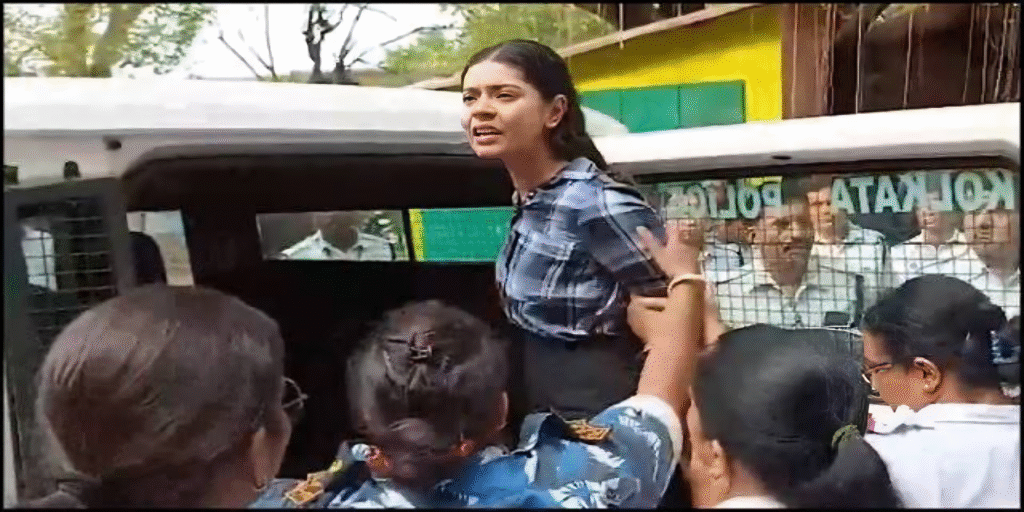Introduction: The Sting of Betrayal
When a 7.8-magnitude earthquake devastated Turkey in February 2023, India launched Operation Dost within hours—dispatching National Disaster Response Force (NDRF) teams, military medics, and 250 tonnes of emergency supplies. For weeks, Indian personnel worked alongside Turkish rescuers, pulling survivors from collapsed buildings in Gaziantep and Hatay. The operation symbolized Delhi’s commitment to humanitarian diplomacy, transcending geopolitical rivalries.
Yet barely twelve months later, Turkey repaid this goodwill by embedding its personnel in Pakistan’s proxy war against India. The recently declassified Operation Sindoor—a precision strike conducted by Indian special forces in May 2025—exposed Ankara’s direct role in cross-border terrorism. Among the neutralized operatives in Pakistan’s Neelum Valley were two Turkish drone specialists, their identities verified via biometric data and intercepted communications. This wasn’t merely a breach of trust; it was an act of strategic hostility that redefines India’s calculus toward Turkey.
Operation Sindoor: Anatomy of a Hybrid Warfare Counterstrike
Conducted in the pre-dawn hours of May 7, 2025, Operation Sindoor targeted a Pakistani forward base near the Line of Control (LoC) in Kupwara. Intelligence indicated the site was coordinating drone infiltrations—a tactic Pakistan had escalated since 2023, using UAVs to drop weapons, narcotics, and surveillance payloads in Jammu and Kashmir.
Key Tactical Revelations:
- Turkish Operators on Pakistani Soil
- Recovered Turkish military ID cards and encrypted radios linked the drone team to Baykar Defense’s training programs. Forensic analysis confirmed their involvement in 14+ LoC surveillance missions.
- Intercepted communications revealed Ankara had seconded these personnel under a clandestine agreement with Pakistan’s Inter-Services Intelligence (ISI).
- Advanced Drone Technology Transfer
- Wreckage of a Bayraktar TB2—a Turkish-made combat drone used in Libya and Nagorno-Karabakh—was found at the site. Satellite imagery later showed these drones were being tested in Skardu, Pakistan.
- Electronic warfare systems recovered matched those exported by Turkey’s Aselsan to Pakistan in 2024.
- The Neelum Valley Connection
- The base was part of Pakistan’s Kashmir Drone Corridor, a network of launchpads near the LoC. Turkish advisors had upgraded its data-link systems to evade Indian jamming.
This operation didn’t just disrupt a terror plot; it unveiled Turkey’s transformation from a NATO ally to a state sponsor of asymmetric warfare against India.
The Ankara-Islamabad Axis: Turkey’s Military Gambit in South Asia
Turkey’s collaboration with Pakistan is no accident. Under Recep Tayyip Erdoğan’s Neo-Ottoman doctrine, Ankara has systematically cultivated Islamabad as a client state to extend its influence into South Asia.
Documented Cases of Military Collusion:
System Turkish Supplier Purpose Impact on India
Bayraktar TB2 Drones Baykar Defense Reconnaissance/Strike Ops Enhanced Pak’s cross-border attacks
MILGEM Corvettes STM (Turkish Shipyards) Anti-submarine warfare Threatens IN’s dominance in Arabian Sea
T-129 ATAK Helicopters Turkish Aerospace Industries High-altitude combat Targets Siachen/Siachen-like sectors
Electronic Warfare Suites Aselsan Signal jamming/Drone swarms Disrupts Indian border surveillance
Diplomatic Provocations:
- At the 2024 UN General Assembly, Turkey became the first NATO member to endorse Pakistan’s stance on Kashmir.
- Erdoğan’s government funds NGOs like IHH (linked to Hamas) operating in Pakistan-occupied Kashmir (PoK).
Hypocrisy Laid Bare: Earthquake Aid vs. Drone Warfare
The irony is staggering. While Turkey accepted Indian field hospitals and NDRF teams in 2023, its defense firms were simultaneously training Pakistani operatives to attack the same nation. Consider the contrast:
India’s Aid to Turkey (2023):
- Deployed 3 IL-76 aircraft with 99 NDRF personnel and 5 search dogs.
- Established a 30-bed trauma center treating 4,000+ patients.
- Donated 27 tonnes of medicines, including anti-tetanus vaccines.
Turkey’s Gratitude (2024–25):
- Supplied drones used to drop IEDs in Poonch (December 2024).
- Trained ISI operatives in AI-powered drone swarms at Lahore’s Air Weapons Complex.
- Lobbied the OIC to condemn India’s counterterrorism ops in Kashmir.
This duality exposes Erdoğan’s regime as a transactional actor that views humanitarian crises as opportunities for realpolitik.
Strategic Imperatives for India
- Diplomatic Isolation
- Suspend high-level dialogues with Turkey until it ceases military ties with Pakistan.
- Rally Greece, Armenia, and Cyprus to block Turkish initiatives in multilateral forums.
- Economic Retaliation
- Impose tariffs on Turkish steel (India’s #2 import from Turkey at $2.3 billion/year).
- Blacklist defense contractors like Baykar and Aselsan from Indian tenders.
- Counter-Hybrid Measures
- Accelerate Project Kusha (DRDO’s indigenous drone defense system).
- Expose Turkish NGOs funding extremism via leaks to global media.
- Cultural Pushback
- Ban propaganda content like Diriliş: Ertuğrul (linked to Islamist radicalization).
- Advise Indian tourists to avoid Turkey (2.3 lakh visited in 2023, spending ₹3,400 crore).
Conclusion: The New Front in India’s Security Calculus
Operation Sindoor marks a watershed. Turkey is no longer a peripheral player but an active belligerent in Pakistan’s proxy war. India’s response must be surgical beyond the battlefield—leveraging economic pressure, diplomatic isolation, and covert deterrence.
As citizens, our role is clear: reject Turkish goods, expose its dual games, and demand accountability. The era of tolerating Ankara’s duplicity is over.








